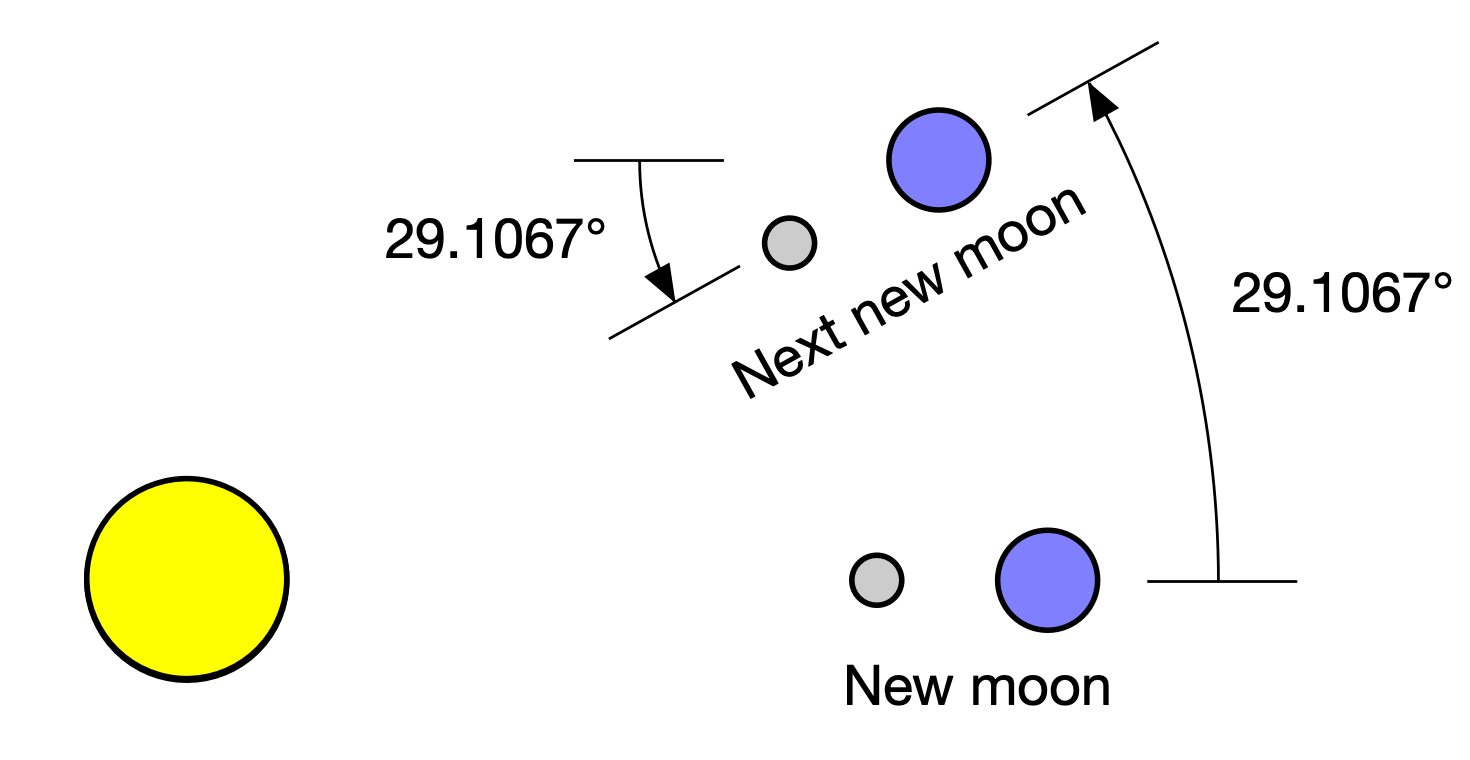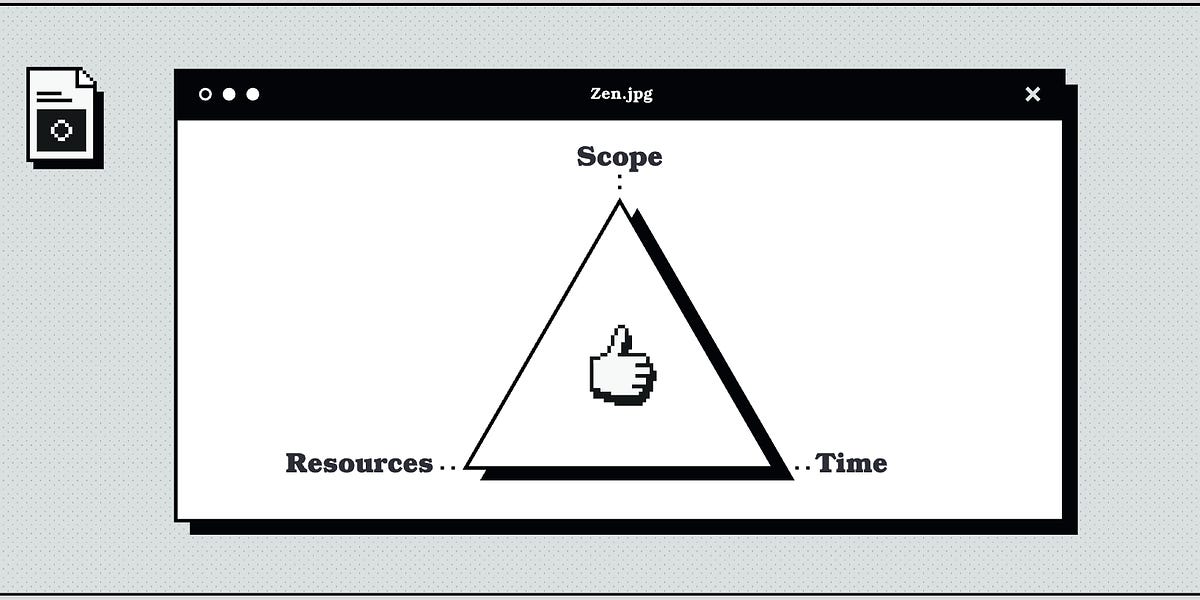Elixir/Erlang Hot Code Swapping: Zero-Downtime Deployments
This article delves into Elixir/Erlang's hot code swapping capabilities, enabling the loading and unloading of code at runtime without requiring system restarts for application upgrades. A simple KV module example demonstrates manual hot swapping, while iex's c/1 and r/1 commands, and the Relups tool, are introduced for easier application and release upgrade management. The article explains Erlang applications, releases, appups, and relups, detailing the use of the Distillery tool to generate application releases and upgrade releases, ultimately achieving zero-downtime deployments and preventing service interruptions.
Read more


/https%3A%2F%2Ftf-cmsv2-smithsonianmag-media.s3.amazonaws.com%2Ffiler_public%2F64%2F61%2F64616dce-ffd7-421e-8fbd-c70ac4bd4e6e%2Flouis2.jpg)















